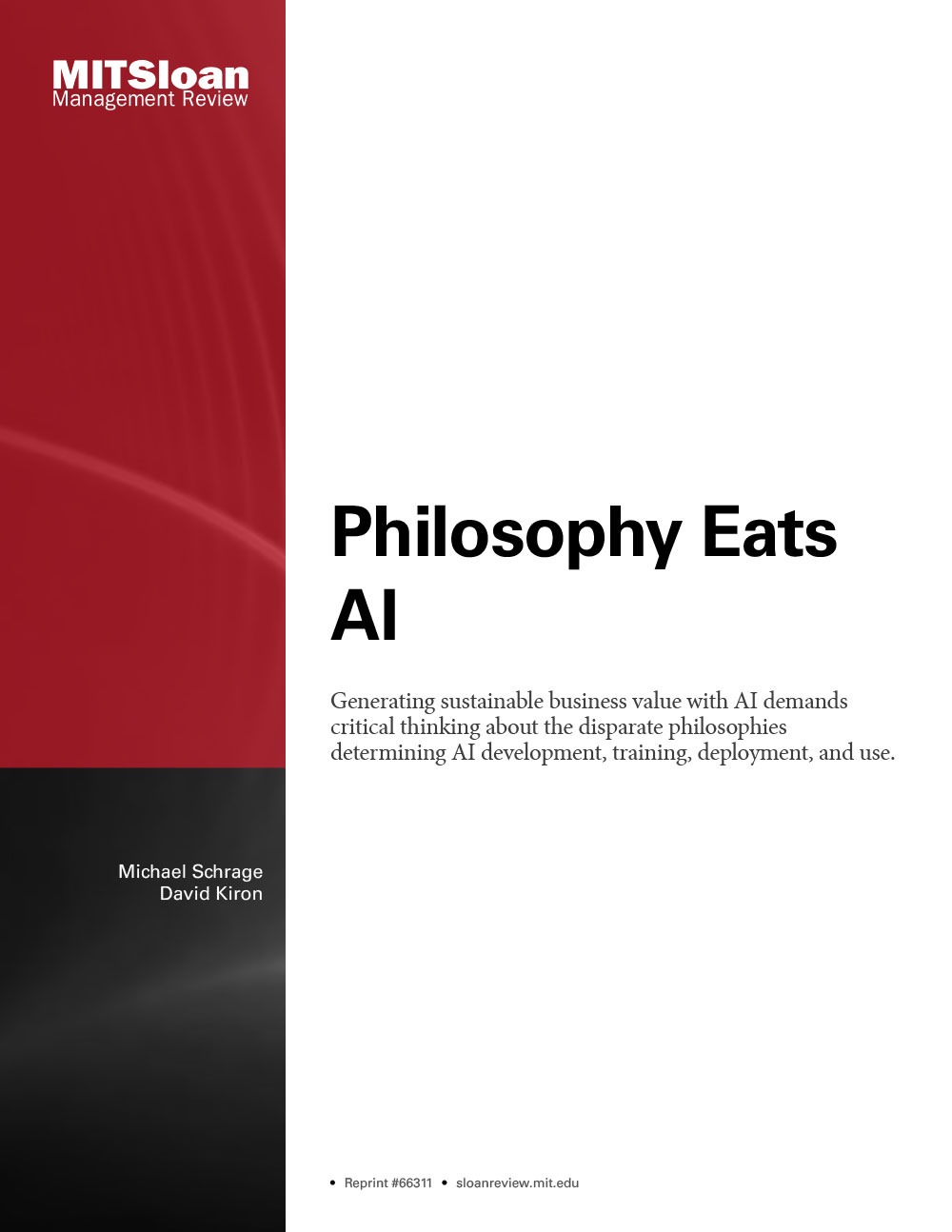
Wanted: Time to Think
As the pace of modern life has continued to increase, today’s researchers face an apparent paradox, the author observes. At the very time that new research tools — such as increased computational power and the World Wide Web — have opened up new areas of investigation and made it easier to find and disseminate information, we are losing the time for the kind of deep contemplative thought that can yield creative insights. The author cites the example of Barbara McClintock, a Nobel Prize-winning geneticist who studied corn carefully and contemplatively, to illustrate the power of unrushed time to think.
The author notes that it would be a mistake to think that the acceleration of the pace of life is just a phenomenon of recent decades; instead, it dates to at least the mid-eighteenth century. When the development of steam power during the Industrial Revolution enabled the American economy to move beyond a merely human pace of production, a period followed in the late nineteenth century when the new speed of industrial production outpaced existing management structures. Scholar JoAnne Yates has traced how, beginning in this late-nineteenth century period, a new philosophy of systematic management emerged over several decades to better manage the modern corporation. These new management ideas emerged alongside communication innovations such as the memo and technological innovations such as the typewriter. Perhaps, Levy suggests, new techniques and technologies will similarly make today’s information overload more manageable in the future.
More generally, though, Levy argues that an attitude of “more-faster-better” continues to permeate modern society. However, the problem with such a “more-faster-better” philosophy is that fast-paced activities tend to crowd out slower-paced ones. What’s more, the kind of deep reflection that leads to creative insights is by nature a slow-paced activity that cannot be hurried or sped up. The author raises the thought-provoking question: How much faster do we as a society want to go?
Article 50110. The MIT SMR article was excerpted and adapted from “No Time to Think: Reflections on Information Technology and Contemplative Scholarship” by David M. Levy, an article that originally appeared in the journal Ethics and Information Technology 9, no. 4 (2007): 237-249, and is reprinted with kind permission from Springer Science and Business Media. _ Springer 2007.




